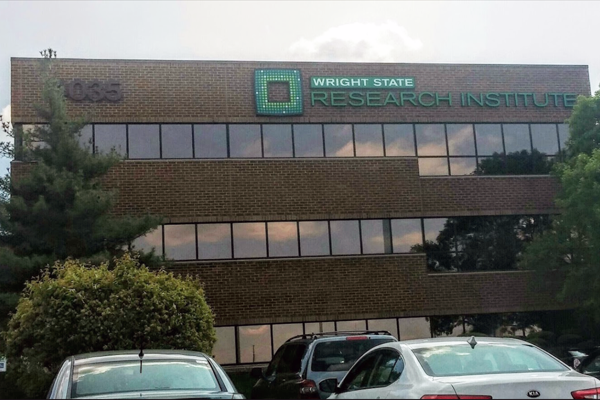
Excerpt from the Dayton Daily News
Wright State Research Institute is trying to rebuild its reputation and employee morale after years of investigations and financial issues that have sown distrust among university faculty and the Dayton community.
Administrators say Wright State’s research arm, which provides research and development services to various businesses and government agencies like Wright-Patterson Air Force Base, is important for the university’s future, but it has come under scrutiny by faculty as the school struggles financially.
“I’ll be honest with you. The last three or four years, it’s (been) like doing a remodel job on a house,” said Dennis Andersh, who has been director of WSRI since 2015. “When you open up a wall you don’t know what you’re going to find in the wall and you might have to change your plans.”
The institute brought in around $39 million in sponsored research last year and has already obtained $12 million in 2018. WSRI, which employs 85, has hired 10 new employees in the last nine months and the institute is now being awarded competitive contracts from organizations like Defense Advanced Research Projects Agency in Washington, D.C.
For more than two years now, WSRI has been the subject of several investigations stemming from possible misuse of H-1B visas.
Agencies from the Ohio Attorney General’s Office to the Air Force and even NASA have reportedly launched probes of the institute. Andersh said he did not know when the investigations may come to an end.
Though WSRI has gotten wrapped up in numerous problems, the university’s new president who has a background in research, insist it’s something the school needed to create.
“It was exactly what the university needed to do, but it was done poorly,” said president Cheryl Schrader. “It is now where it needs to be.”
More recently, WSRI has been blamed for some of Wright State’s financial problems which forced trustees to slash more than $30.8 million from the university’s budget in June. WSRI is now financially independent of the university, though it is still paying back $780,000 over the next few years, Andersh said.
The financial issues, along with practices Andersh said are no longer in place, have created tension between WSRI researchers and university faculty. Previously, researchers would recruit faculty members to work on a study and then once a grant was awarded, researchers would kick faculty off the project, Andersh said.
“Money’s coming out of our paychecks because the previous administration subsidized these things,” said Martin Kich, a professor at Wright State’s Lake Campus and president of the university’s chapter of the Association of American University Professors.
The problems have damaged employee morale and spurred fears about job security, chief scientist Timothy Broderick told the Wright State board of trustees at a meeting earlier this month. Negativity has even caused WSRI to lose employees to competing organizations, such as the University of Dayton Research Institute, though Andersh said not many have left.
Public conversations about morale and tensions were foreign to WSRI in past years, both Schrader and board of trustees chairman Doug Fecher said. But, in talking about issues, Fecher said the university has to be careful about “tripping over the past.”

